Funding application for 2025 – 2026 are now open Apply Now
Member Portal
Not a member? Join us here
The Packaging Forum has welcomed today’s announcement by the Government regarding changes to New Zealand’s waste system, including recycling and disposal of waste.
CEO Rob Langford says that while there is a need to further understand the details behind these changes, The Forum supports the intent to reduce waste and increase resource recovery in New Zealand.
“As a member-based organisation we are focused on developing and facilitating industry-led, sustainable solutions to packaging – including operating two successful voluntary product stewardship schemes – so we are supportive of changes that have a positive impact on resource recovery and help minimise waste.
“However, we look forward to more receiving more information, and having a greater understanding of the details on how these changes announced today will help further circular outcomes in New Zealand,” says Mr Langford.
The Packaging Forum has considerable experience in facilitating industry-led solutions including more than a decade’s experience with the development and management of voluntary product stewardship schemes for glass packaging, soft plastic, and public place recycling/litter. As well as managing and facilitating two voluntary product stewardship schemes (Glass Packaging Forum and the Soft Plastic Recycling Scheme).
The Packaging Forum is currently working alongside the NZ Food & Grocery Council leading the co-design of the Plastic Packaging Product Stewardship Scheme (PPPS), which will make recommendations to the Government on requirements for producers, brand owners, importers, retailers, and consumers to take responsibility for collecting and dealing with plastic packaging.
“That scheme isn’t due to be finalised until June next year, so we do have concerns about making decisions now on kerbside collections relating to only collecting 1,2 and 5, starting next February as we don’t want to be making continued changes to the framework once it has been established,” says Mr Langford.
The Glass Packaging Forum is working hard to assist councils in the Hawke’s Bay ensure as much glass as possible continues to be recycled in Auckland following Cyclone Gabrielle’s effect on the region’s roading network.
An extra 420km and six hours have been added to the trip to get glass for recycling to Auckland via the only remaining road. We have released an immediate $25,000 in funding to assist with increased transport costs for Napier City Council, Hastings District Council – Te Kaunihera ā-Rohe o Heretaunga and Central Hawke’s Bay District Council.
The team will stay in close contact with councils to keep tabs on what further assistance is needed in the medium to longer term to prevent glass from going to landfill.
(Photo credit: John Cowpland Alphapix)
The Packaging Forum (PF) initiated a technical advisory group to determine the PF position on PFAS in food-contact packaging and determine, if possible, a pathway forward. This position has been developed from the recommendation of the PFAS Technical Advisory Group Final Report, October 22, completed by Kim Renshaw on behalf of the Packaging Forum as technical lead of the project.
Request for Proposal: Research
We are seeking proposals from organisations for the attached request for proposal (RFP) to supply tranches of research to the project. Organisations are invited to apply for one tranche of research up to and including all four tranches of research noting that we are currently only seeking proposals for 1,2 and 3. In summary:
1. The current state & problem definition: Plastic Packaging Data
2. The current state & problem definition: Internal flow of plastic packaging from placed on market to collection and processing or disposal
3. Scheme Options for New Zealand
December 2022
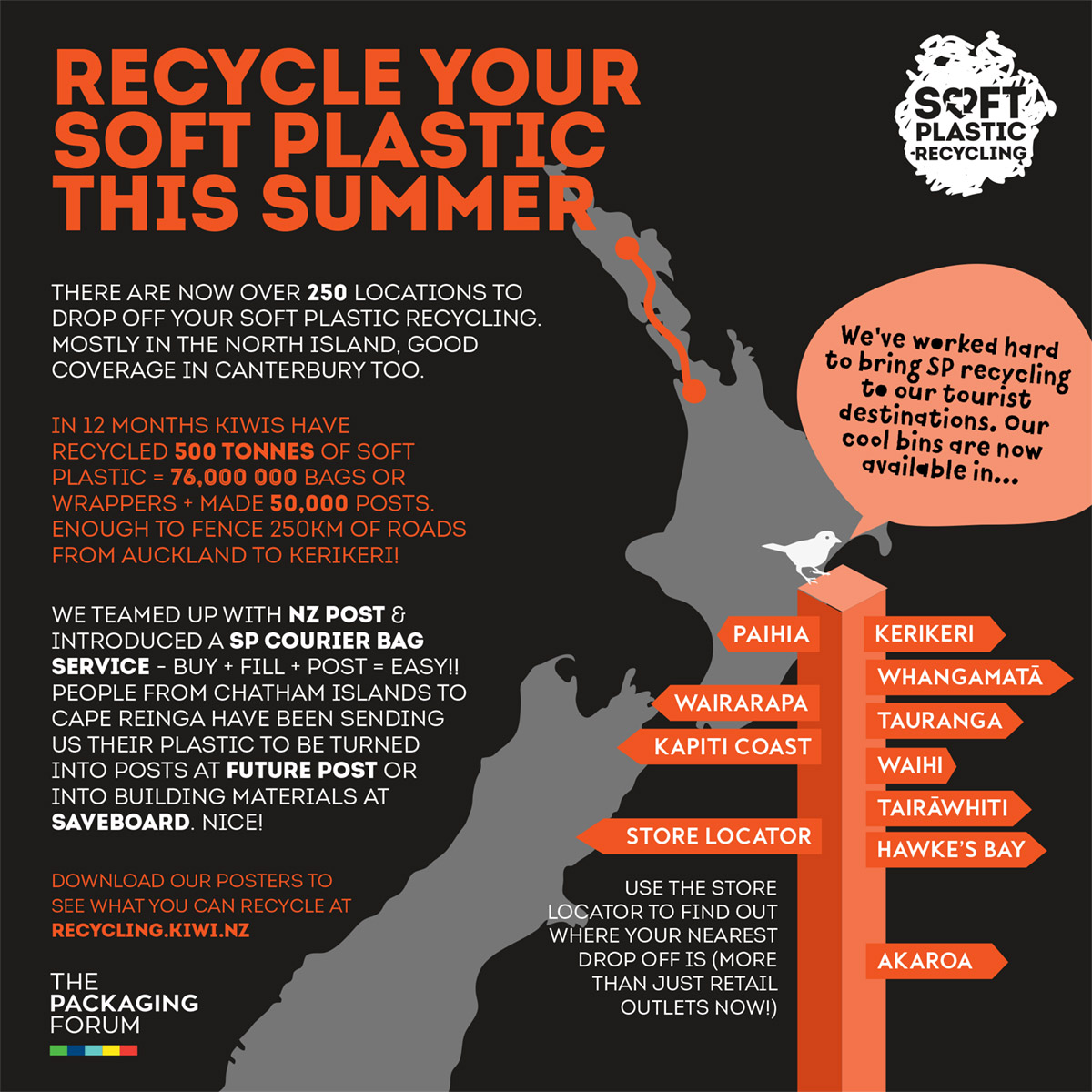
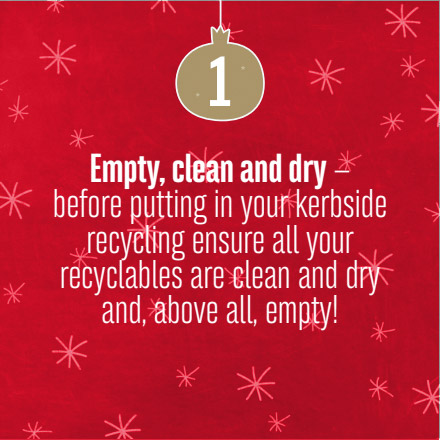
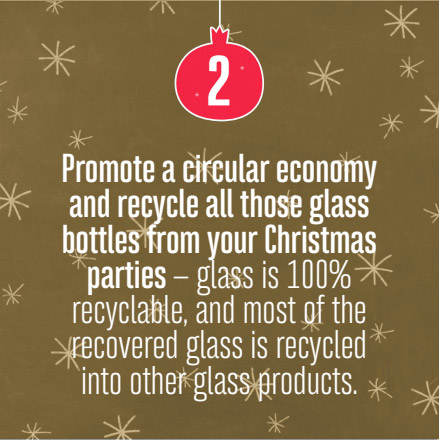
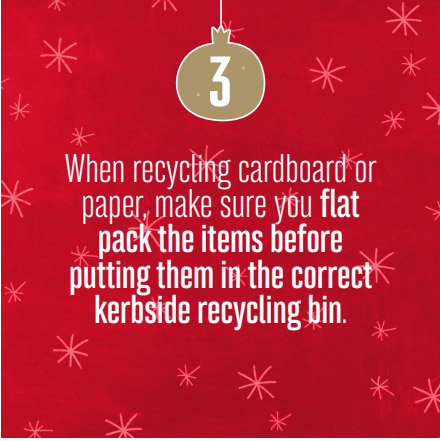
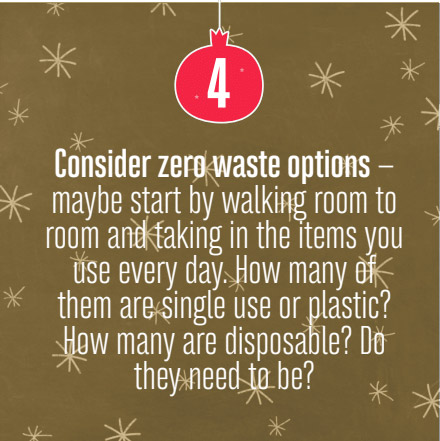
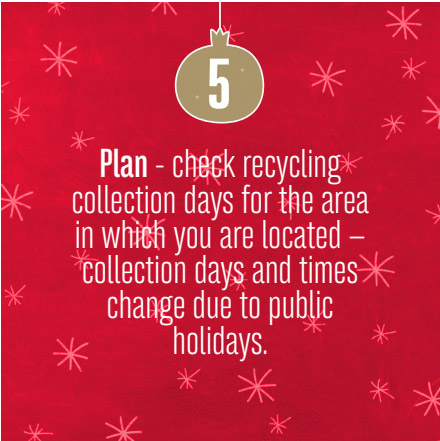
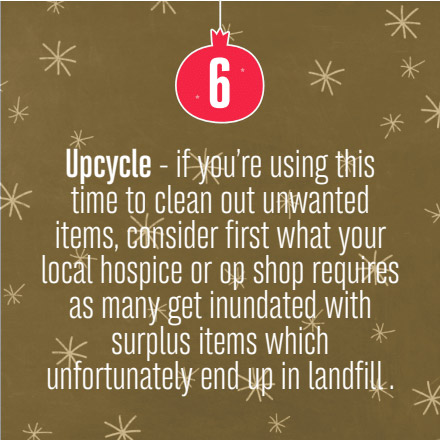
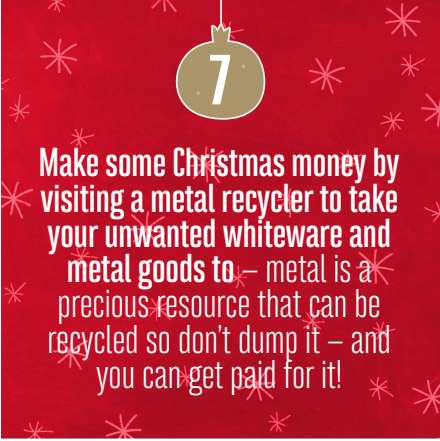
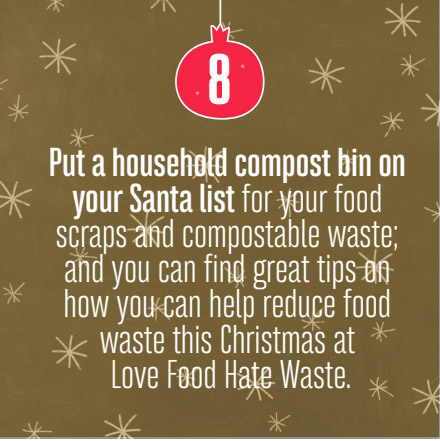
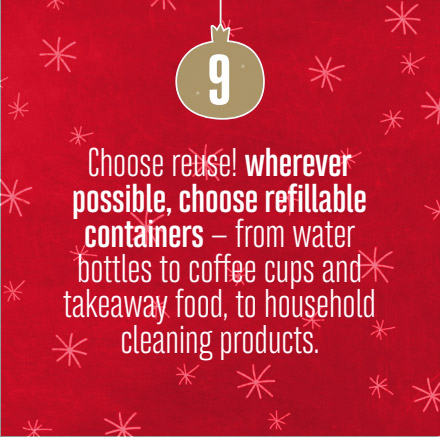
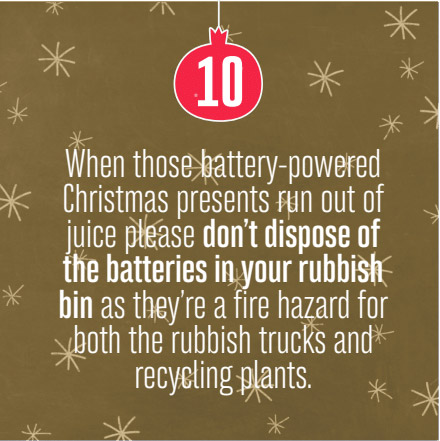
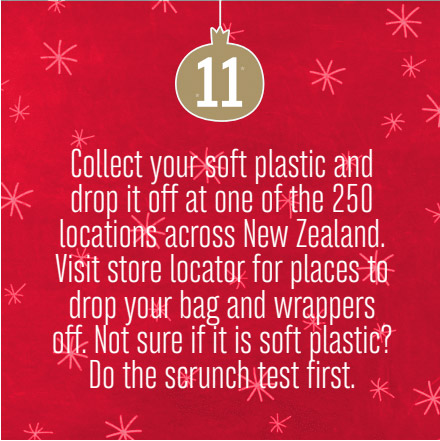
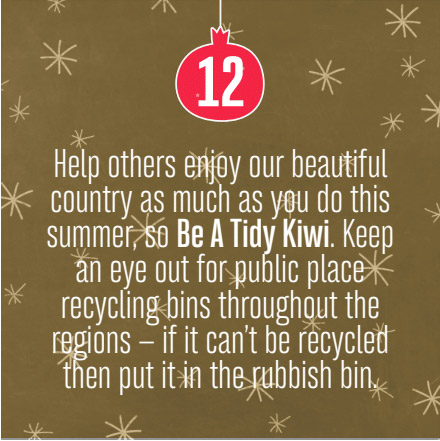
The Packaging Forum and the NZ Food & Grocery Council (NZFGC) have welcomed today’s announcement by the Minister for the Environment, Hon David Parker, that they will jointly lead the project to co-design a Plastic Packaging Product Stewardship Scheme for New Zealand.
Today’s announcement will see The Packaging Forum and NZFGC work with organisations across the plastic packaging supply chain to develop a product stewardship model that best fits the New Zealand priority product criteria and will deliver a best practice scheme.
Both the The Packaging Forum and NZFGC have considerable experience in facilitating industry-led solutions – the Packaging Forum has more than a decade’s experience with the development and management of voluntary product stewardship schemes for glass packaging, soft plastic, and public place recycling/litter. NZFGC is part of a global leadership group on product stewardship, and directly engaged in the Australian Food & Grocery Council’s research to design a soft plastic product stewardship scheme in Australia.
Tony Nowell CNZM has been appointed the project’s Independent Chair and will oversee project management, governance, and delivery of the project. Supporting him will be The Packaging Forum CEO Rob Langford (Project Manager), and Lyn Mayes (Project Coordinator). Both have wide experience of project management, and of setting up and operating product stewardship schemes.
Mr Nowell says today’s announcement is a pivotal moment that will transform how we use and recover plastic packaging in New Zealand.
“Both the Packaging Forum and NZFGC are well placed to be joint leaders of the project management process. As well as having the relevant industry experience, they have direct access to global partners to help rapidly identify and operate best-practice product stewardship schemes that will allow us to hit the ground running,” he says.
“The project will deliver the research, data collation, analysis and discussion to identify the most fitting product stewardship scheme for New Zealand. Ultimately, the project will look at how plastic is currently collected – or not – and whether there is a more efficient and effective way to do this.
“In addition, part of the project remit is to include recommendations to the Minister on the precise design and organisational structure for a plastic priority product stewardship scheme.”
Mr Langford says this is industry’s opportunity to leave a genuine legacy for future generations.
“As industry, we have a responsibility to deal with the end-of-life recovery for packaging. It is also important that producers are actively engaged, and are involved in leading the project because they are responsible for the choices made around plastic packaging,” he says.
“The Packaging Forum has real experience in delivering successful solutions to waste in New Zealand, having operated several product stewardship schemes over many years, such as the Soft Plastic Recycling Scheme and the Glass Packaging Forum Scheme – both of these schemes demonstrate clearly how industry can voluntarily collaborate and succeed.”
NZFGC Chair Mike Pretty says his organisation recognises the need for industry to show leadership, and to be part of the project; and looks forward to continued work with The Packaging Forum.
“Both organisations bring huge expertise in this area to the table, and we look forward to putting that to good use.
“The time for such a scheme is now.
“NZFGC members have a mantra that if we are part of the problem then we’ll work hard to be part of the solution, and that’s what we are doing.”
Given the project is a co-design process, consumer and community groups, government, producers, and processors will be involved in the decision-making process throughout the project.
Plastic packaging (excl. beverage containers) was declared a priority product under section 9 of the Waste Minimisation Act 2008 in July 2020. This means a product stewardship scheme for plastic packaging must be developed and all producers of plastic packaging must be part of the scheme. At this stage, all plastic packaging used for consumer goods sold via retail or wholesale will be included, as will liquid paperboard and compostable plastic.
The end of the project will see the team recommend a not-for-profit, product stewardship organisation (PSO) structure, which is responsible for the delivery of the plastic packaging priority product scheme, and a scheme design that will be able to meet the requirements of the Waste Minimisation Act, including sections 12,14, and 15.
ENDS
For more information please contact:
Kristie Penwarden, The Packaging Forum
021 575 222
Brent Webling, NZ Food & Grocery Council
021 821 383
About The Packaging Forum
The Packaging Forum is a member-based organisation representing the depth and breadth of the packaging industry from suppliers and importers of packaging, brand owners, retailers, resource recovery businesses and processors. Packaging Forum members have committed to having all packaging in New Zealand reusable, recyclable or compostable by 2025.
The Packaging Forum operates two voluntary product stewardship schemes: the Glass Packaging Forum Scheme and the Soft Plastic Recycling Scheme. The Packaging Forum also managed the Public Place Recycling Scheme between 2014 and 2021. www.packagingforum.org.nz
About the NZ Food and Grocery Council
The New Zealand Food & Grocery Council is an industry association that represents the manufacturers and suppliers behind New Zealand’s food, beverage, and grocery brands. The sector generates more than $40 billion sales in the New Zealand domestic retail food, beverage, and grocery products market, and $34 billion in export revenue from exports to 195 countries – representing 65% of total merchandise exports and 46% of total goods and services exports.
Our members directly or indirectly employ more than 493,000 people – one in five of the workforce. www.fgc.org.nz
The Packaging Forum has partnered up with Plastics NZ and a group of New Zealand organisations with a shared passion for sustainability to establish Good Caps – a pilot programme designed to educate school children about the importance of waste recovery and recycling. Read more here: www.goodcaps.org.nz
To apply, please complete the online form. We’ll be in touch to discuss your application. (For glass-specific projects, please apply above.)